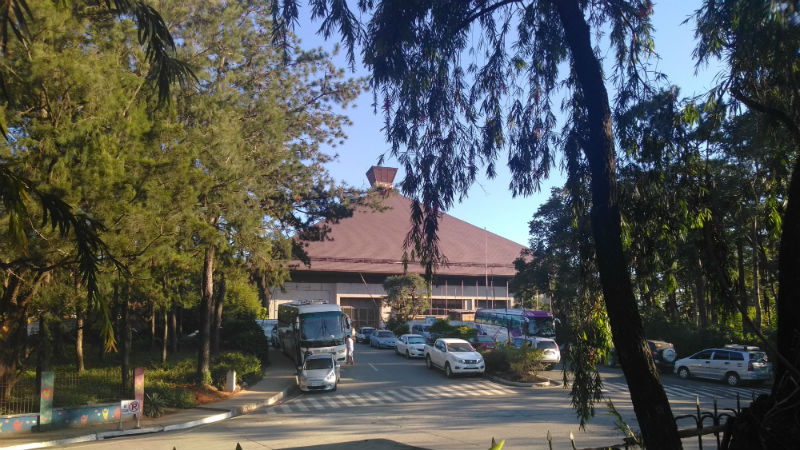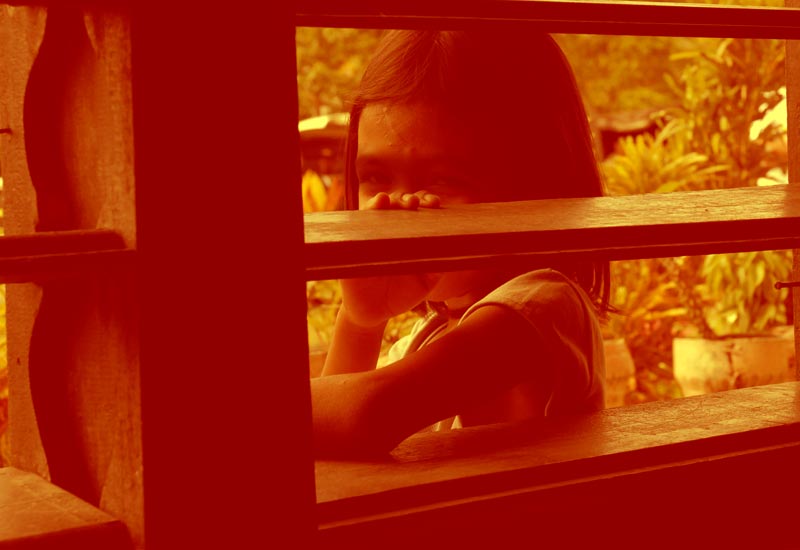The City Council, during last Monday’s regular session, approved on first reading a proposed ordinance declaring the basement of the Baguio Convention Center as a permanent culture and arts gallery for the purpose of strengthening the city’s standing as a member of the United Nations Educational, Cultural and Scientific Organization (UNESCO) Creative City.
The ordinance declared that in maintaining the city’s title as a Creative City for Crafts and Folk Arts, it is the policy of the city government to pursue the culture and art development of the Cordillerans, through the preservation, enrichment and dynamic evolution of Cordilleran arts and culture based on the principle of unity and diversity in a climate of free and intellectual expression.
Earlier, the Baguio Convention Center was identified as one of the city’s creative centers that shall hold creative performances, showcases, exhibits and the like.
Further, the center has always been a venue for national and international conferences and festivals, as well as trade fairs, aside from the fact that the improvements being made in the said center are necessary to provide a better avenue for the conduct of cultural and creative performances and the like.
Local legislators pointed out that it is proper to make the basement of the Baguio Convention Center as a permanent art gallery to be a platform for all Cordilleran artists to showcase their talents, nationally and internationally by exhibiting and selling in a freely accessible venue their respective works.
Moreover, this is one way to maintain the title of Baguio City as a member of the UNESCO Creative Cities Network although crafts and art represent an essential cornerstone of the city’s local trade and creative tourism economy.
At present, the city continues to work for the sustainable development of the sectors through intergenerational transfer of knowledge and skills.
Baguio City is one of the UNESCO Creative Cities and the first Philippine city to be part of the global initiative to improve urban living standards by developing industries based on innovation and creativity.
Nestled in the mountains of Northern Luzon, the city is a colorful, multi-cultural city full of diversity apart from the fact that the city’s artistic culture ranges from crafts and folk arts expressions to wood carving, silver craft, weaving and tattooing.
The 1987 Constitution provides that the State shall foster the preservation, enrichment, and dynamic evolution of a Filipino national culture based on the principle of unity and diversity in a climate of free artistic and intellectual expression.
It adds that the State shall conserve, promote and popularize the nation’s historical and cultural heritage and resources as well as artistic creations.
Incidentally, all the country’s artistic and historic wealth constitutes the cultural treasure of the national and shall be under the protection of the State which may regulate its disposition.
The state shall recognize, respect and protect the rights of indigenous cultural communities to preserve and develop their cultures, traditions and institutions. It shall consider the said rights in the formulation of national plans and policies. By Dexter A. See














